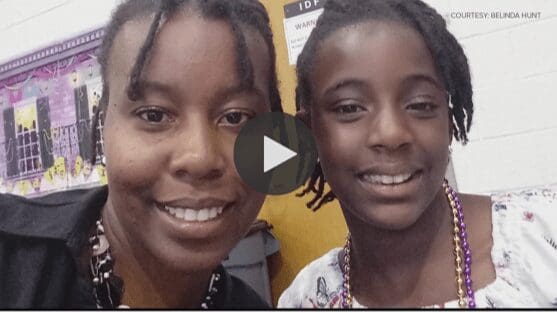By: Liza Lucas
See original post here.
Belinda Hunt has big dreams for her family.
She dreams of becoming a pilot and dreams for the day she won’t have to struggle to get by.
“I’m working a job making $22 – $24 an hour but when I get my check I barely have my rent to pay,” she said.
But with rising housing prices and inflation, getting ahead just hasn’t happened for the working mom of four. Until earlier this year, Hunt got a bit of a break after being chosen as one of the initial recipients of the city of Atlanta’s I.M.P.A.C.T. program.
The program is one of the last initiatives of former Atlanta Mayor Keisha Lance Bottoms and gives 300 Atlanta residents $500 per month for one full year with no strings attached.
The recipients all live 200 percent below the federal poverty line so the primary intention for such funds is to help move families forward. Federal poverty guidelines show for a family of five, like Hunt’s, a family must have an income of around $3,382 a month in Georgia.
“Some families use it for education purposes which advances their income,” Nancy Flake Johnson, President and CEO of the Urban League of Greater Atlanta explained about the program. “Transportation, which opens up opportunities for better jobs; some people use it for more basic needs.”
The league is charged with managing the I.M.P.A.C.T. program, which is modeled after similar programs in Rochester, New York and Tacoma, Washington.
While Johnson confirmed that recipients can spend the money as they so choose, she also said the funds are closely tracked. Recipients go through an onboarding process, sharing demographic and income information to help organizers establish a baseline for progress. Recipients are also required to regularly input how they’re spending the monthly $500.
For Hunt, the focus has been on education.
She is using her allotment to supplement her regular bills and modify her work schedule so she can also study aeronautics. With some of the funds, she was even able to throw her son a birthday party.
She said the money is not a cure-all but a start.
“I’m not saying it’s easy but it helps,” Hunt said. “I know in the long run, once I complete this program, I’ll be able to take care of me and my family.”



















